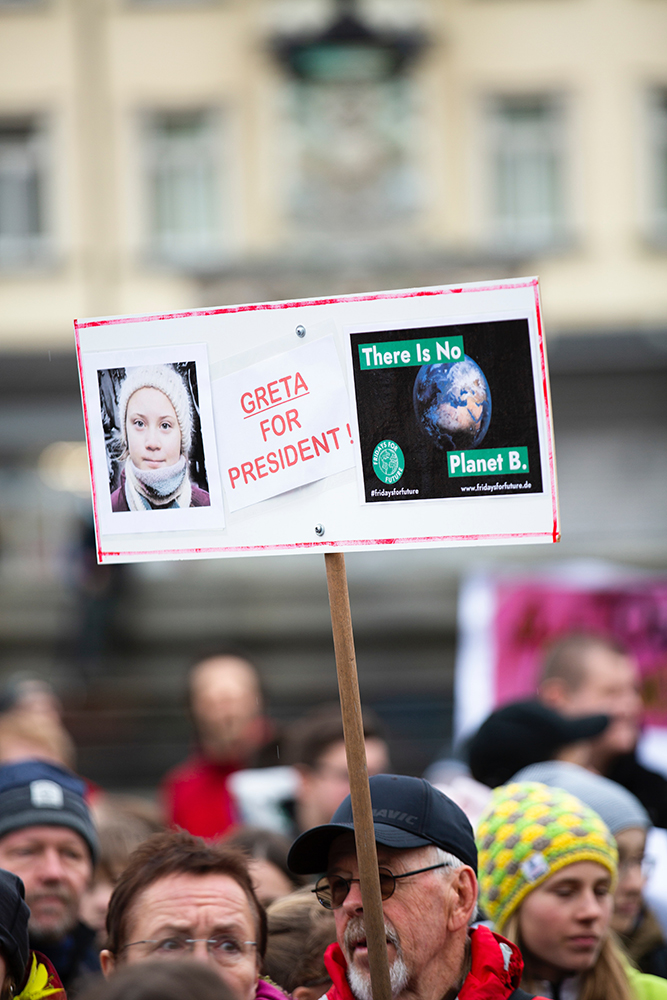
South Korea’s top court has upheld a 20-year prison sentence for former president Park Geun-hye on graft charges that led to her downfall, bringing an end to the legal process and for the first time raising the possibility of a pardon.
- Park Guen-hye was jailed in 2017 for receiving millions of dollars from major companies
- She was impeached in 2017 and later jailed, but denies any wrongdoing
- There has been a push to pardon her, along with another jailed ex-president, in the name of national unity
Park became South Korea’s first democratically elected leader to be thrown out of office when, in 2017, the Constitutional Court upheld a parliament vote to impeach her over a scandal that also landed the heads of two conglomerates in jail.
The daughter of a military dictator, Park took office in 2013 as South Korea’s first woman president.
She was brought down after being found guilty of colluding with a confidante to receive millions of dollars from major conglomerates to help her family and fund non-profit foundations she owned.
Her case has been heard in different courts, including a retrial in July last year, but the Supreme Court’s ruling to uphold a 20-year jail term and a fine of 18 billion won ($21.14 million) exhausts her legal avenues.
Park, 68, who has been in jail since March 31, 2017, has denied wrongdoing. She was not present in court.
The end of the legal process clears the way for a presidential pardon, which her supporters called for.
“President Park Geun-hye is innocent,” the right-wing Our Republican Party said in a statement calling for her to be freed as soon as possible.
Support for former president Park Geun-hye runs along party lines in South Korea.(Reuters: Kim Hong-ji)
The chief of the ruling Democratic party, Lee Nak-yon, has floated the idea of a pardon for Park and another ex-president, Lee Myung-bak, also in jail on corruption charges, in the name of national unity.
Park is a divisive figure in a country where old Cold War fault lines between right and left can still define political rivalry.
When asked about a possible pardon, an official at the presidential Blue House said that it was inappropriate to raise the issue immediately after the court ruling and that Park’s case should stand as a historical lesson.
A top aide to President Moon Jae-in, who is a liberal, had said the president would make a decision on the question of a pardon for Park that reflects the will of the people.
Society appears split down the middle.
A survey by the pollster Realmeter last week found 47.7 per cent of respondents in favour of a pardon and 48 per cent against.
Samsung Electronics vice-chairman Jay Y Lee faces a final court ruling on Monday on whether he returns to jail on charges he bribed an associate of Park.
Reuters

 Subscribe to The Daily Telegraph to get unrestricted digital access, home paper delivery, Apps for iPad and Android, member only +Rewards and much more…
Subscribe to The Daily Telegraph to get unrestricted digital access, home paper delivery, Apps for iPad and Android, member only +Rewards and much more…  Do you compost or buy second hand?
Do you compost or buy second hand?  The Newsreader review: Exhilirating Australian prestige drama
The Newsreader review: Exhilirating Australian prestige drama  Local shares fell on Friday as investors make last-minute adjustments to their portfolios ahead of the main index’s rebalancing, while unease over rising infections grows.
Local shares fell on Friday as investors make last-minute adjustments to their portfolios ahead of the main index’s rebalancing, while unease over rising infections grows. 


